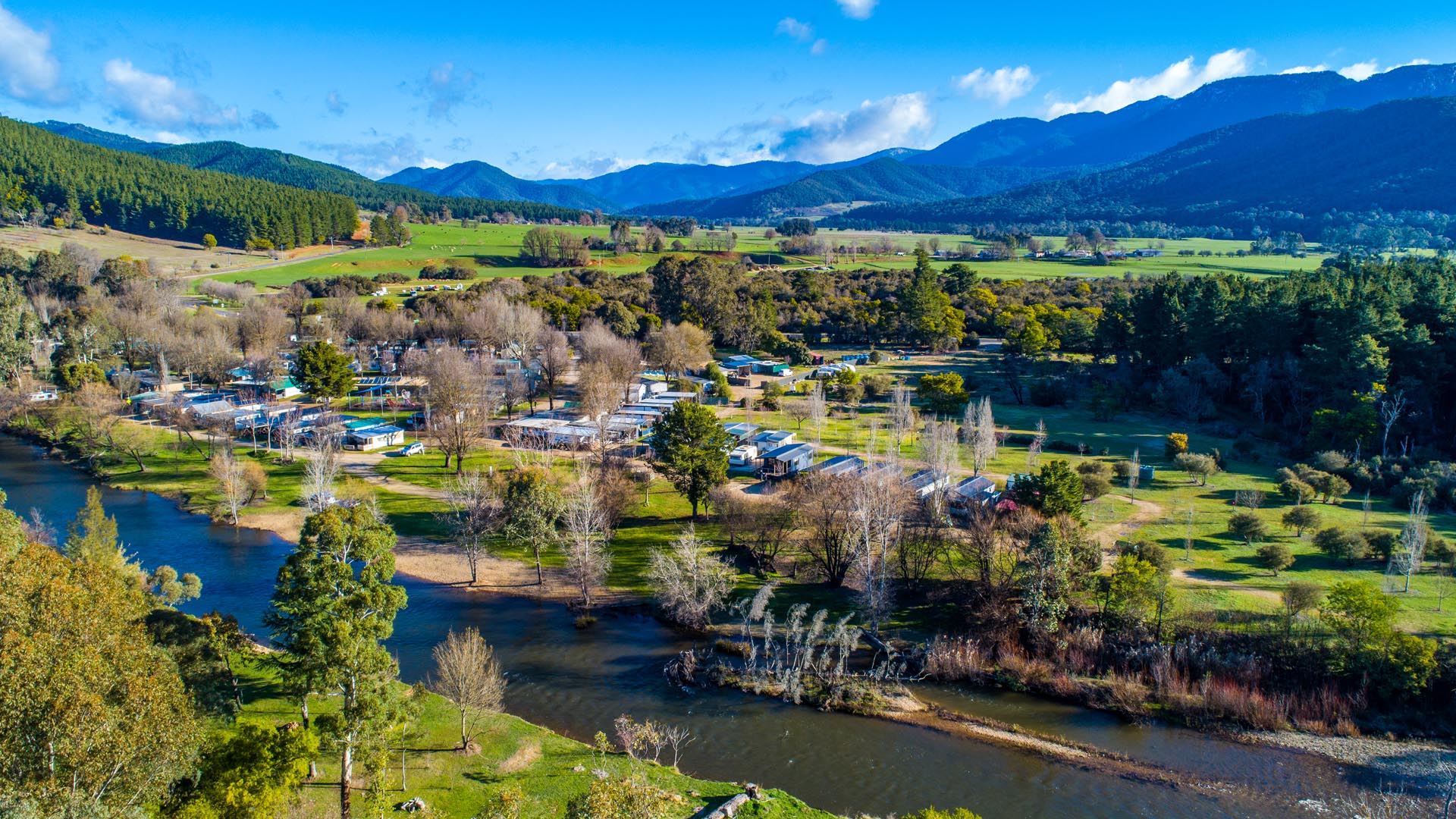Sharing stories of progressive domestic wastewater management
RMCG developed case studies to highlight progressive domestic wastewater management practices in Victoria, as well as communication material to explain recent technical changes to the state's environment framework.
On-site wastewater systems, such as septic tanks, are common across Australia in areas where it’s not practical or possible for households to connect to an existing sewerage system.
If these systems are not maintained or incorrectly installed, they can create public health and environmental issues. This is particularly important for areas such as the Mornington Peninsula and Yarra Ranges in Victoria, where thousands of properties rely on on-site domestic wastewater systems. It is crucial to ensure these systems perform effectively and are well managed to minimise risks to public health and the environment.
About this project
In 2021, RMCG developed a range of case studies for the Department of Environment, Land, Water and Planning (DELWP) to highlight progressive domestic wastewater management projects and practices in Victoria. They included efforts to ensure existing on-site systems were well maintained and monitored, as well as new trials and ‘outside the box’ approaches to traditional sewer systems.
Through interviews with key stakeholders, including local government and water authority representatives, our team used our expertise in communication, water and the environment to develop five case studies which outlined the challenges, innovations and lessons learnt in different approaches to managing domestic wastewater. The case studies focused on the Yarra Ranges and the Mornington Peninsula through to Penshurst in Victoria’s west and Porepunkah in the north-east.
As part of the project, communication materials were also prepared for the Environment Protection Authority (EPA Victoria) to explain recent technical changes to the new environment framework for managing on-site wastewater management systems in the state.
The case studies can be accessed below and you can find out more about managing on-site domestic wastewater systems in Victoria here.
- Beyond septics: Connecting more households to effective wastewater systems
- Digitising historic records for effective domestic wastewater management
- Collaboration lays foundation for effective domestic wastewater management
- Sewer alternative put to the test in innovative Park Orchards trial
- Penshurst rides the winds of change to test adaptive wastewater solutions.
Find out more about our expertise in water and the environment.

The town of Porepunkah in north-East Victoria. Image supplied by North East Water.





